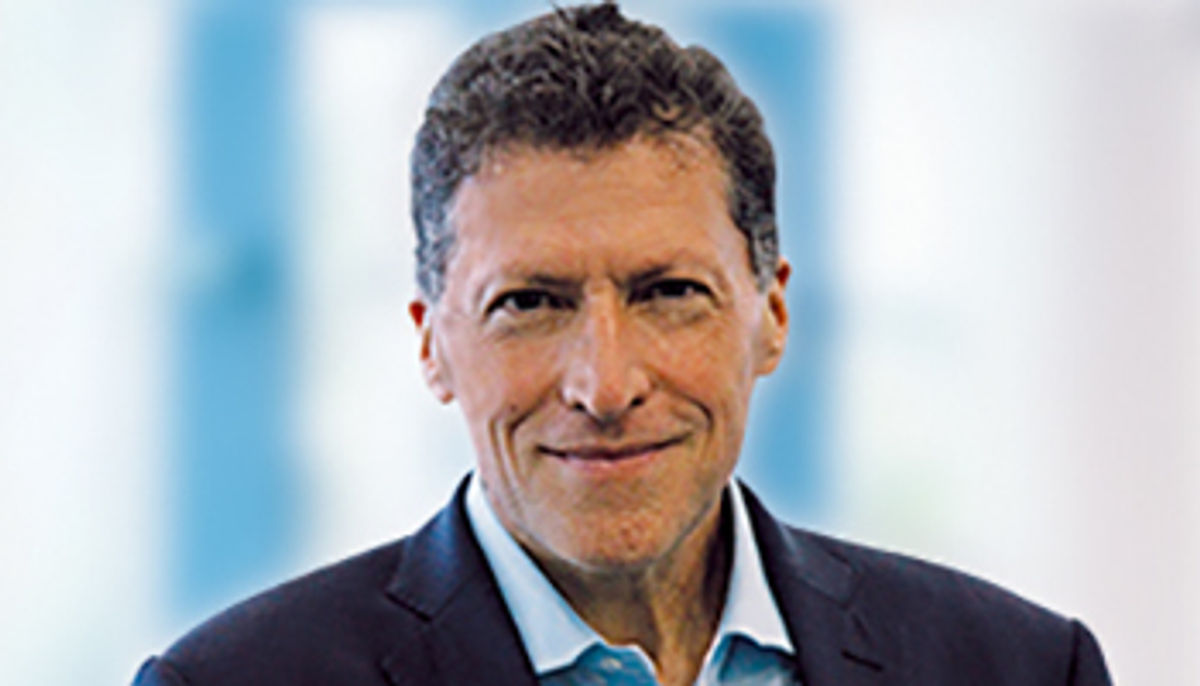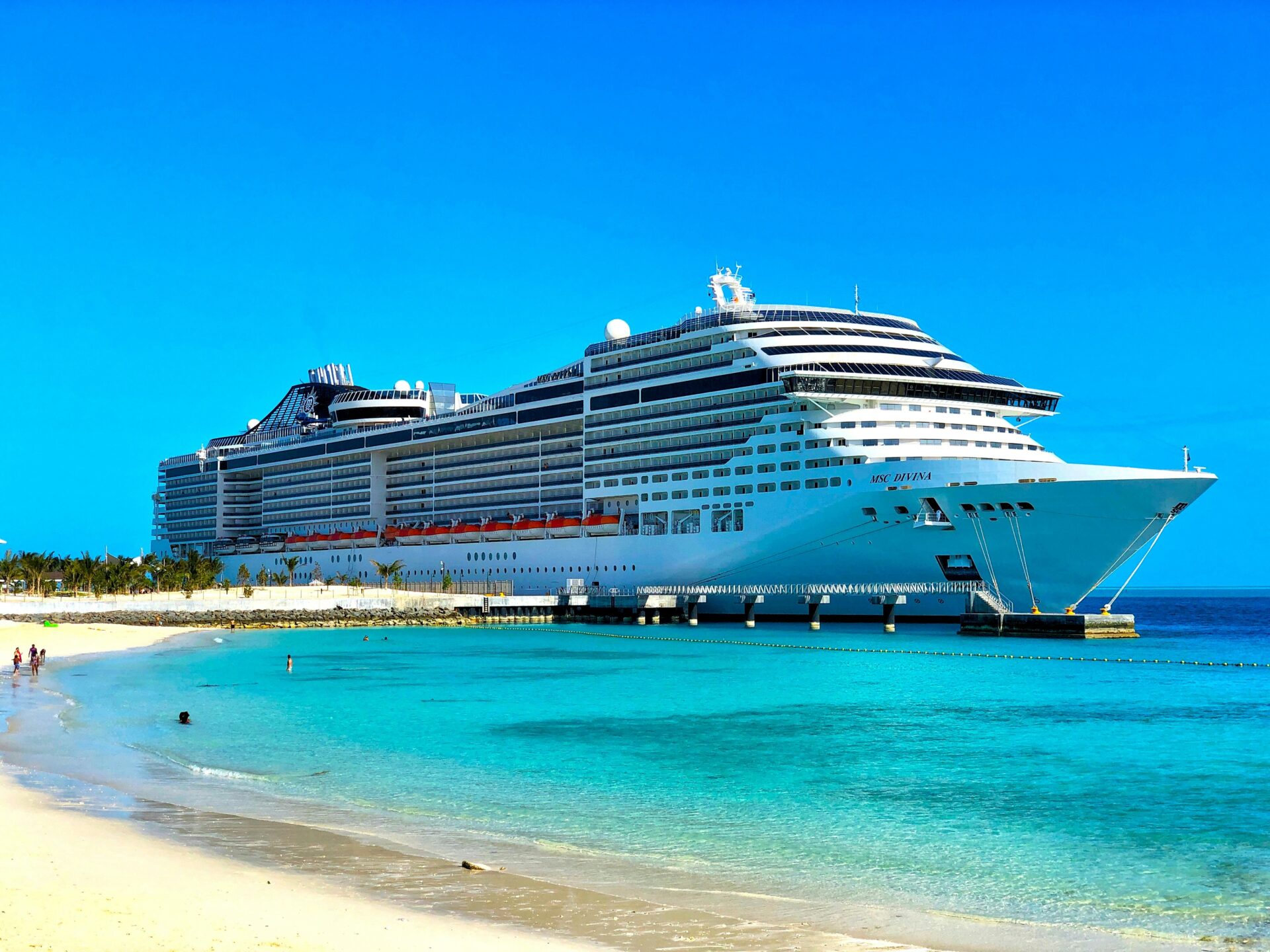Yuval Noah Harari’s latest book, “Nexus” (Random House, 2024), offers a compelling investigation into the effect of information systems on civilizations throughout history. It draws a distinction between societies and institutions fitted out with “self-correcting mechanisms” and those that aren’t.
The concept of self-correcting mechanisms is deemed crucial for governments, underlined by the necessity of an independent judiciary, free press, and a system of check and balance. In the scientific realm, continuous advancement transpires through the challenging and eventual replacement of existing theories with superior ones that approach the absolute truth. Contrarily, governments and institutions dedicated to an allegedly flawless philosophy or leader, providing no room for opposing voices, and resorting to the suppression of dissent, are epitomized as structures deficient in robust channels for self-amendment. Among the examples Harari refers to include autocratic or totalitarian governments and many religious institutions.
Examining the business landscape, one would conjecture that most industries and businesses are self-regulating. When business indicators such as declining profits, elusive investments, and declining market share indicate trouble, businesses jump into action. They may opt to change their leadership, maneuver their strategies or brace themselves for filing a Chapter 11 bankruptcy.
Business communication channels, including the business press, blogs, vlogs, social media and podcasts, have a definitive role in an industry’s self-correcting system. The travel industry is an exemplar of this pattern, complete with its medley of critics and advisors. All success or occasional problems in the industry ultimately lead back to the industry’s real judges – the traveling public.
Various industry voices play a significant role in praising, critiquing, and in instances, driving positive change for the ultimate benefits of the traveling public. Despite differences in opinion and occasional misjudgment, their collective knowledge and thoughtfulness are highly respected and earn them a wider industry audience.
Doug Lansky, an esteemed industry speaker and consultant, consistently generates thought-provoking and entertaining content on an array of industry issues, ranging from overtourism to sustainability. His critiques, praises, and creative approaches to problem-solving draw in considerable audience on YouTube, where viewers can subscribe to his offerings.
Chris Elliott, a renowned consumer advocate in the travel industry, curates cases that representatively address issues that affect many travelers. He has the ability to get the attention necessary to effect change for the individuals who approach him, which may not be the case for everyone.
Moving away from the western focus, Singapore-based Yeoh Siew Hoon provides a global perspective on travel technology. Her regular contributions to Travel Weekly’s “Postcard from Asia” earn her a following, drawn by her personal warmth that she often infuses into her commentaries.
Brad Gerstner, a hedge fund manager who doubles up as the CEO of Altimeter, has an impact on the travel industry owing to his early detection of potential in companies like Priceline, ITA Software and HotelTonight. He was also instrumental in pushing for strategic changes on United Airlines’ board.
Travel Weekly alumna Herb Hiller, at the age of 93, initiated the Good Tourism Blog with the aim of persuading the travel industry to face climate change as an urgent issue.
Lastly, Peter Greenberg, a longtime travel television pundit, balances his roles as a travel industry insider and outsider.
Collectively, these observers and many others form part of the industry’s self-correcting mechanism. Their insights may not always be agreeable, but as they challenge the status quo, they push the industry to evolve, albeit in varying, uneven strides.




